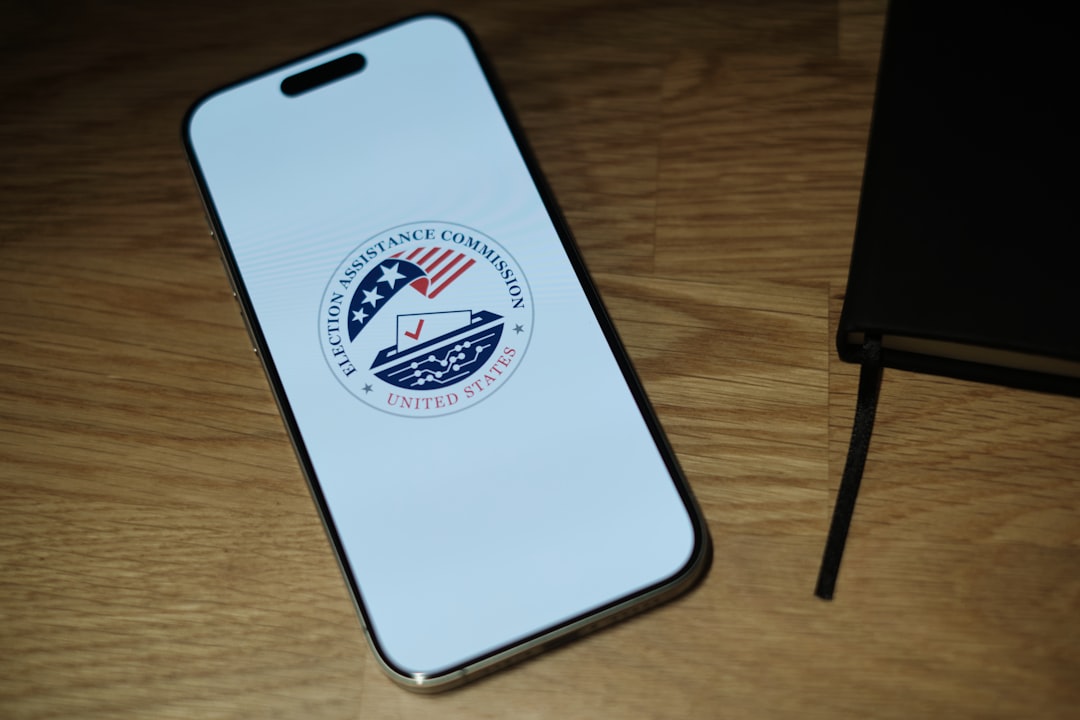Connecticut's stringent Do Not Call List regulations aim to protect residents from intrusive telemarketing by mandating explicit consent before sales calls and meticulous record-keeping of consumer opt-outs. Businesses must adhere to these rules to avoid fines, legal issues, and damage to their public image. Engaging a Do Not Call Attorney Connecticut ensures compliance, fosters consumer trust, and safeguards against potential legal troubles. Adhering to these regulations is crucial for maintaining democratic integrity, preventing severe penalties, and strengthening relationships with consumers.
“Navigating Connecticut’s stringent Do Not Call List (DNC) regulations is essential to avoid legal pitfalls. This comprehensive guide explores crucial steps to ensure compliance, from understanding state-specific rules to implementing effective verification processes for your business or organization.
We delve into best practices for marketers to steer clear of common violations and highlight the legal implications of breaking DNC guidelines, emphasizing the importance of a Do Not Call Attorney Connecticut for expert guidance.”
Understanding Connecticut's Do Not Call List Regulations

Connecticut’s Do Not Call List regulations are designed to protect residents from unwanted telemarketing calls and sales pitches. As a resident or business operating in Connecticut, it is crucial to understand and comply with these rules to avoid violations and potential legal repercussions. The state has a designated Do Not Call list that allows individuals to opt-out of receiving marketing calls.
To ensure compliance, businesses and organizations should implement procedures to verify consumer consent before making any telemarketing calls. A qualified attorney specializing in Do Not Call laws, such as a Do Not Call Attorney Connecticut, can provide guidance on best practices and help navigate the complex regulations. This includes maintaining accurate records of consumer opt-out requests and respecting the rights of those who have chosen to be excluded from marketing efforts.
Verifying Eligibility for the List in Connecticut

In Connecticut, ensuring compliance with the state’s Do Not Call list regulations is paramount, especially for businesses and organizations engaging in telemarketing activities. The first step to avoid violations is verifying the eligibility of phone numbers before initiating any contact. This process involves checking if a particular number has been registered on the Do Not Call list, which is maintained by the Connecticut Department of Consumer Protection. By cross-referencing your target list with this registry, you can prevent unnecessary calls to opt-out individuals, thereby avoiding potential fines and legal issues.
For businesses looking to adhere to these regulations, engaging a Do Not Call Attorney in Connecticut is advisable. Legal experts specializing in this area can guide companies on navigating the complexities of state laws and ensure their marketing practices remain compliant. This proactive approach not only shields businesses from violations but also fosters trust among consumers who value their privacy and opt-out rights.
Compliance Procedures for Businesses and Organizations

Compliance with Connecticut’s Do Not Call (DNC) regulations is crucial for businesses and organizations to avoid legal issues and maintain a positive public image. These rules are designed to protect residents from unwanted telemarketing calls, ensuring their privacy and peace of mind. To remain compliant, companies must implement robust procedures. This includes obtaining proper authorization before making any phone calls, maintaining comprehensive records of all marketing campaigns, and providing clear opt-out options to potential customers.
For organizations, regular training sessions for employees involved in marketing and sales are essential. These sessions should educate them about the DNC regulations, including restrictions on calling certain numbers (e.g., those registered with the Do Not Call list) and the importance of honoring customer preferences. Additionally, businesses should invest in technology that automates compliance checks, ensuring every call adheres to the guidelines set by the Connecticut Attorney General’s office.
Avoiding Common Violations: Best Practices for Marketers

To avoid common violations of Connecticut’s DNC (Do Not Call) regulations, marketers must prioritize respect for consumer choices and preferences. Ensuring that your marketing efforts adhere to these rules is essential to maintaining a positive public image and legal compliance. One of the primary mistakes companies often make is failing to obtain proper consent before contacting consumers. This includes not having an opt-in mechanism in place, such as a clear check box on sign-up forms or explicit verbal agreement during sales interactions. Marketers should also be vigilant about maintaining accurate do-not-call lists and honoring requests to stop communication immediately.
Additionally, avoiding personal identification information (PII) misuse is crucial. This means not sharing or selling contact details without explicit consent and ensuring data security measures are in place. Another best practice is providing clear and conspicuous opt-out options on all marketing materials and communications. Marketers should also be mindful of the timing and frequency of their outreach, ensuring it doesn’t become intrusive or excessive, which can lead to violations. Remember, following these guidelines not only helps you steer clear of legal issues but also fosters a more positive relationship with your audience.
Legal Implications and Consequences of Breaking DNC Rules

Breaking the rules set forth by the Democratic National Committee (DNC) can have significant legal implications and consequences for individuals and organizations in Connecticut. These regulations are designed to maintain fairness, transparency, and integrity within the party’s processes. Violations may lead to a range of penalties, including fines, legal actions, and damage to one’s reputation.
In Connecticut, where political laws are strictly enforced, a “Do Not Call” attorney might be required in cases of severe or repeated DNC rule breaches. Fines for violations can vary greatly, from a few hundred dollars for minor infractions up to substantial amounts for more serious offenses. Moreover, individuals or groups found guilty could face the loss of their voting rights and other civil privileges. Compliance with DNC rules is crucial to avoid these legal pitfalls and maintain the integrity of democratic processes.






